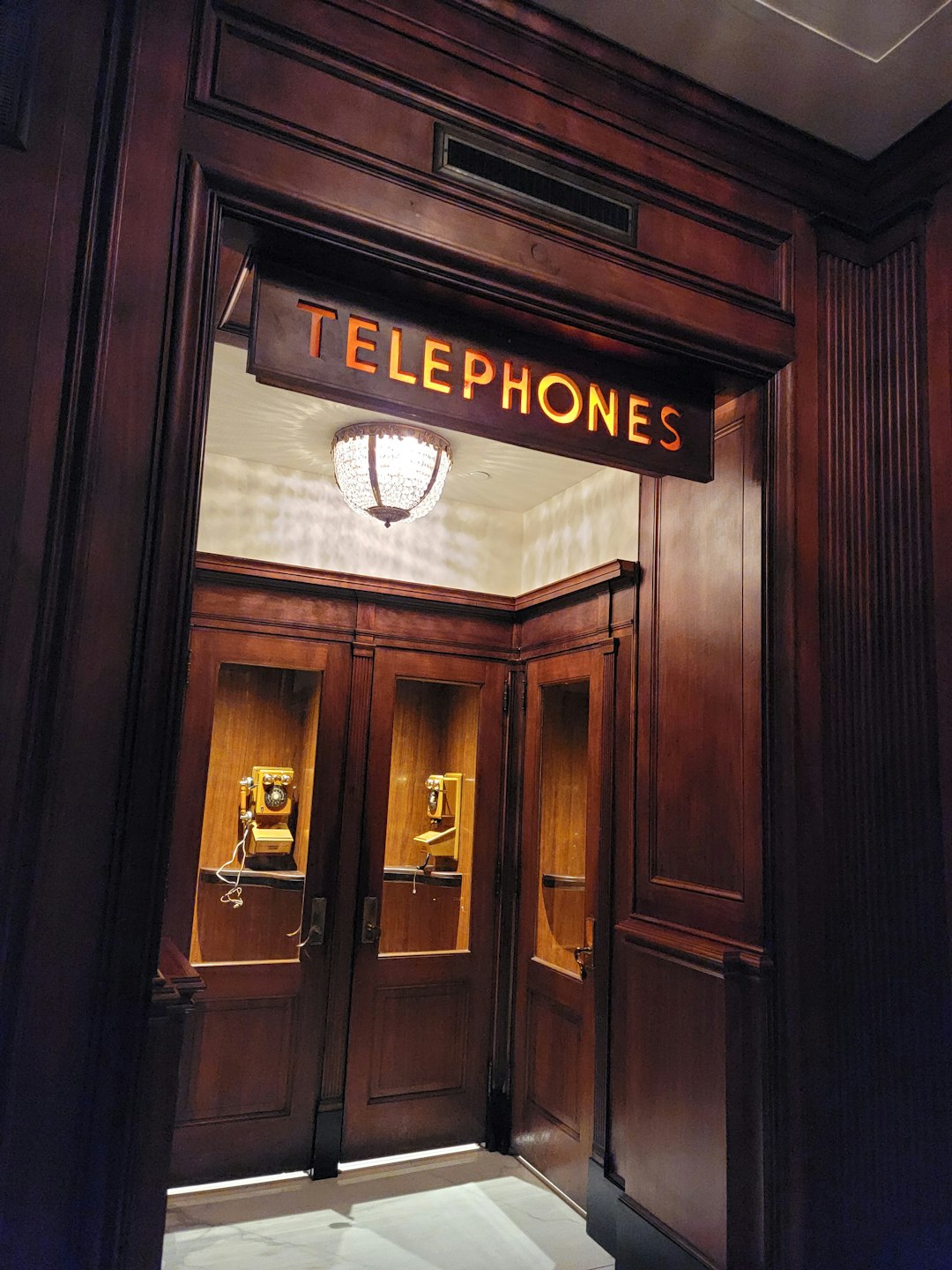Massachusetts telemarketers face strict regulations, including Do Not Call laws enforced by the Attorney General. They must obtain licenses, follow consent rules, and respect opt-out choices to avoid substantial fines. Ethical practices involve transparent communication, handling objections, and building relationships through personalized interactions. Compliance with consumer rights and efficient complaint management are crucial for legal safety and client trust. Seek guidance from a Do Not Call Attorney Massachusetts for navigation in this regulated landscape.
“In the competitive realm of telemarketing, adhering to best practices is paramount, especially within the regulations of Massachusetts. This guide navigates the crucial aspects for operators looking to thrive in this market. From understanding strict Do Not Call laws enforced by local Do Not Call Attorney Massachusetts to implementing ethical strategies for consumer engagement, each step ensures compliance and customer satisfaction. By mastering these practices, telemarketers can build lasting relationships with Massachusetts consumers while maintaining legal integrity.”
Understanding Massachusetts' Do Not Call Laws

In Massachusetts, understanding and adhering to the state’s Do Not Call laws is paramount for telemarketers. These regulations, enforced by the Massachusetts Attorney General’s Office, aim to protect residents from unsolicited sales calls. Any violation can result in significant fines, making it crucial for telemarketing companies to familiarize themselves with these laws.
The Do Not Call list in Massachusetts includes phone numbers of individuals who have opted-out of receiving marketing calls. Telemarketers must ensure they do not call these numbers, respecting the residents’ privacy and preferences. Additionally, there are specific timeframes and requirements for obtaining consent, further underscoring the need for telemarketers to consult with a Do Not Call Attorney Massachusetts to navigate these legal intricacies effectively.
Obtaining Proper Licenses and Permits

In Massachusetts, telemarketers must adhere to strict regulations to ensure ethical and legal operations. Before beginning their work, it is non-negotiable for telemarketers to obtain the necessary licenses and permits. The state requires all outbound sales calls, including those made from automated systems, to be pre-approved by the recipient. Non-compliance with this rule can result in severe penalties, as enforced by the Massachusetts Attorney General’s office.
Additionally, telemarketers are subject to the state’s “Do Not Call” registry. This means that they must respect consumer choices to stop receiving calls and ensure their marketing efforts do not infringe upon personal privacy. Any violation of these guidelines can lead to legal action, including potential fines. Therefore, proper licensing and permit acquisition are crucial steps for telemarketers operating in Massachusetts.
Ethical Telemarketing Practices

In the competitive world of telemarketing, maintaining ethical practices is not just a moral obligation but also a legal requirement in Massachusetts. One of the key aspects is respecting consumer privacy and choices. Telemarketers must ensure they obtain explicit consent before initiating calls and provide an easy opt-out mechanism. This means being transparent about the purpose of the call and avoiding aggressive sales tactics that might push customers into making impulsive purchases.
Additionally, telemarketers should be well-trained to handle customer objections and complaints. Refraining from making false promises or exaggerating product benefits is essential. Massachusetts residents have the right to know the truth about the products or services being offered. Moreover, it’s crucial to adhere to local laws, including those related to Do Not Call registries, to avoid legal repercussions. Staying within these guidelines fosters trust and ensures a positive perception of telemarketing among consumers in the state.
Building Relationships with Massachusetts Consumers

Building strong relationships is key for telemarketers in Massachusetts, a state with strict regulations regarding consumer privacy and protection. Understanding the unique preferences and needs of Massachusetts consumers is essential. One effective strategy is to personalize interactions by referencing local events or landmarks, fostering a sense of community. For instance, mentioning renowned institutions like Harvard University or the historic Freedom Trail can create an immediate connection.
Additionally, telemarketers should be well-versed in state laws, including the Do Not Call Attorney Massachusetts regulations. Respecting consumer choices to opt-out or register for the Do Not Call list is paramount. Building trust involves demonstrating compliance with these rules and ensuring every call is a positive experience, encouraging repeat business and referrals from satisfied consumers.
Complaint Handling and Resolution Procedures

Telemarketers operating in Massachusetts must have robust complaint handling and resolution procedures in place. It’s crucial to respect consumers’ rights, including those who choose to register on the Do Not Call list. Any violation of this list can lead to legal repercussions, as regulated by the Massachusetts Attorney General’s Office. When a customer files a complaint, telemarketers should promptly acknowledge receipt and assign a case number for tracking purposes.
A clear and effective resolution process involves offering appropriate remedies such as refunding payments, discontinuing communication, or providing additional goods/services as requested. Timely responses, transparency, and fairness are key to building trust with customers. Regular training on compliance and customer service best practices is essential to ensure a positive experience for all parties involved.






